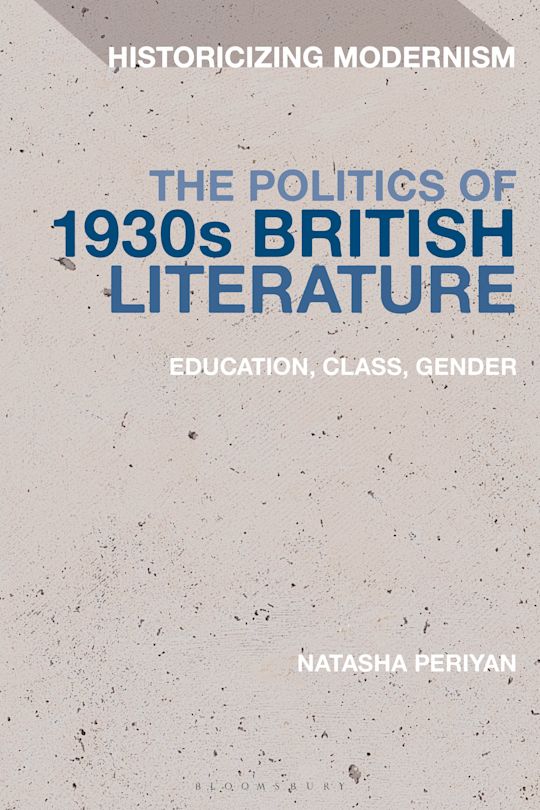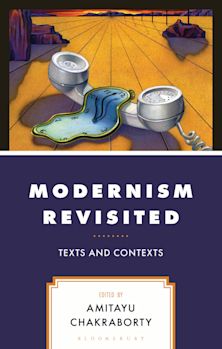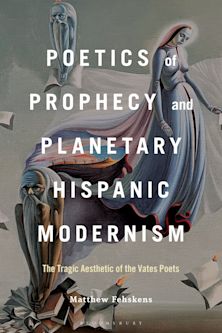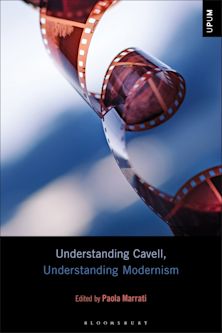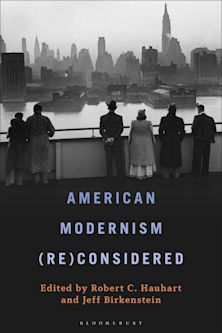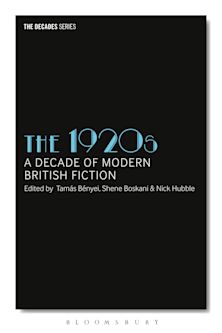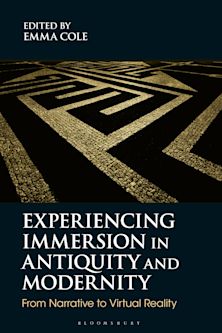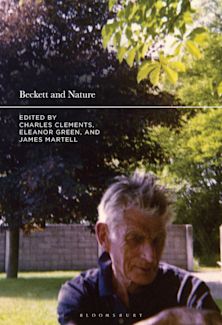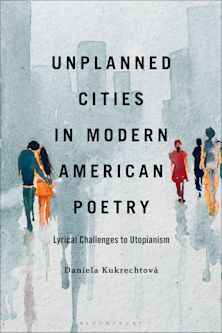- Home
- ACADEMIC
- Literary Studies
- Modernism
- The Politics of 1930s British Literature
The Politics of 1930s British Literature
Education, Class, Gender
The Politics of 1930s British Literature
Education, Class, Gender
You must sign in to add this item to your wishlist. Please sign in or create an account
Description
Winner of the 2018 International Standing Conference for the History of Education's First Book Award
Drawing on a rich array of archival sources and historical detail, The Politics of 1930s British Literature tells the story of a school-minded decade and illuminates new readings of the politics and aesthetics of 1930s literature.
In a period of shifting political claims, educational policy shaped writers' social and gender ideals. This book explores how a wide array of writers including Virginia Woolf, W.H. Auden, George Orwell, Winifred Holtby and Graham Greene were informed by their pedagogic work. It considers the ways in which education influenced writers' analysis of literary style and their conception of future literary forms.
The Politics of 1930s British Literature argues that to those perennial symbols of the 1930s, the loudspeaker and the gramophone, should be added the textbook and the blackboard.
Table of Contents
Editorial Preface to Historicizing Modernism
Introduction
1. W.H. Auden: Pedagogy and Freedom of Choice in the 1930s
2. Winifred Holtby, Vera Brittain and the Politics of Pedagogy in South Riding, Honourable Estate and Testament of Youth
3. Writers of The Old School: Graham Greene, Walter Greenwood, Stephen Spender, Antonia White and Arthur Calder-Marshall
4. 'Altering the structure of society': Virginia Woolf's Class-Critique of Educational Institutions in the 1930s
5. 'Making Him Our Master': The Eton writers George Orwell, Cyril Connolly and Henry Green
Coda
Bibliography
Index
Product details

| Published | 14 Jun 2018 |
|---|---|
| Format | Ebook (Epub & Mobi) |
| Edition | 1st |
| Extent | 296 |
| ISBN | 9781350019850 |
| Imprint | Bloomsbury Academic |
| Series | Historicizing Modernism |
| Publisher | Bloomsbury Publishing |
About the contributors
Reviews
-
The work is a cogent and convincing assessment of numerous responses to education in the literature of the 1930s, but the argument resists the temptation to generalize ...The characterization of the writers resonates often with Woolf's “The Leaning Tower,” but the methodology allows readers to spark their own fires from the friction of the commentaries on related texts, legislation, letters, etc.: an instance of an individualist educative technique in itself, perhaps.
Modernism/modernity
-
An excellent contribution to a well-established tradition of feminist scholarship on writers of both sexes in the 1930s ... Periyan is attentive to the relationship between literary style and politics, and her analysis of the textual variations in the 1935, 1939, and 1955 versions of Stephen Spender's 'An Elementary School Classroom' in relation to working-class agency, reform, revolution, and the impersonal forces of history is accomplished.
The Review of English Studies
-
One of the most refreshing aspects of this study is how its thematic approach leads Periyan to read across writers usually separated into factions according to their "generation" or categorization by critics as middlebrow or modernist ... Extensively researched ... A valuable addition to the body of criticism on 1930s British literature.
Journal of British Studies

ONLINE RESOURCES
Bloomsbury Collections
This book is available on Bloomsbury Collections where your library has access.









